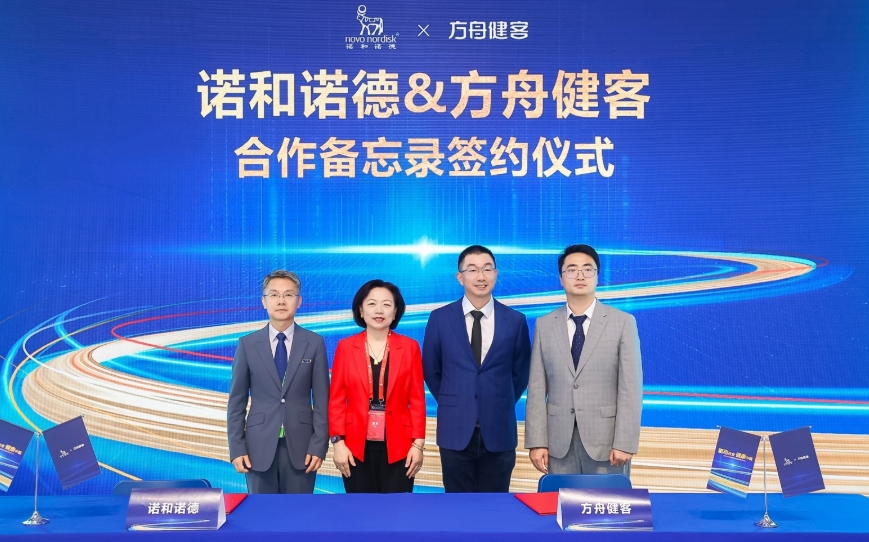
Image credit: Philips
Royal Philips, a global leader in health technology, has unveiled the Asia Pacific (APAC) findings of its Future Health Index (FHI) 2022 report: 'Healthcare hits reset: Priorities shift as healthcare leaders navigate a changed world'.
Now in its seventh year, the Future Health Index 2022 report is based on proprietary research from almost 3,000 respondents conducted across 15 countries, including Singapore, Australia and Indonesia, and explores how healthcare leaders are harnessing the power of data and digital technology as they look to address their key challenges coming out of the pandemic.
This year's report reveals that as APAC nations emerge from the pandemic, healthcare leaders across the region are looking to data and predictive technologies as essential foundations of their future healthcare systems, yet it also points to significant challenges in realizing this ambition.
Notably, Singapore's healthcare system is ahead of other global counterparts (65%) in its appreciation of the value of data (91%), with Indonesia (82%) and Australia (75%) also holding it in high regard.
However, significant areas of improvement remain in realizing the ambition of using data, AI and predictive analytics as key enablers of future healthcare systems. On average, more than half of APAC's leaders (55%) say they do not know how to use data to inform decision making, far above the global average of 35%. In Indonesia, for example, only 7% of leaders say they have all the expertise needed to fully utilize data, while this number is higher in Singapore (50%) and Australia (20%). This suggests that the region can stand to benefit from more international knowledge-sharing in this respect.




